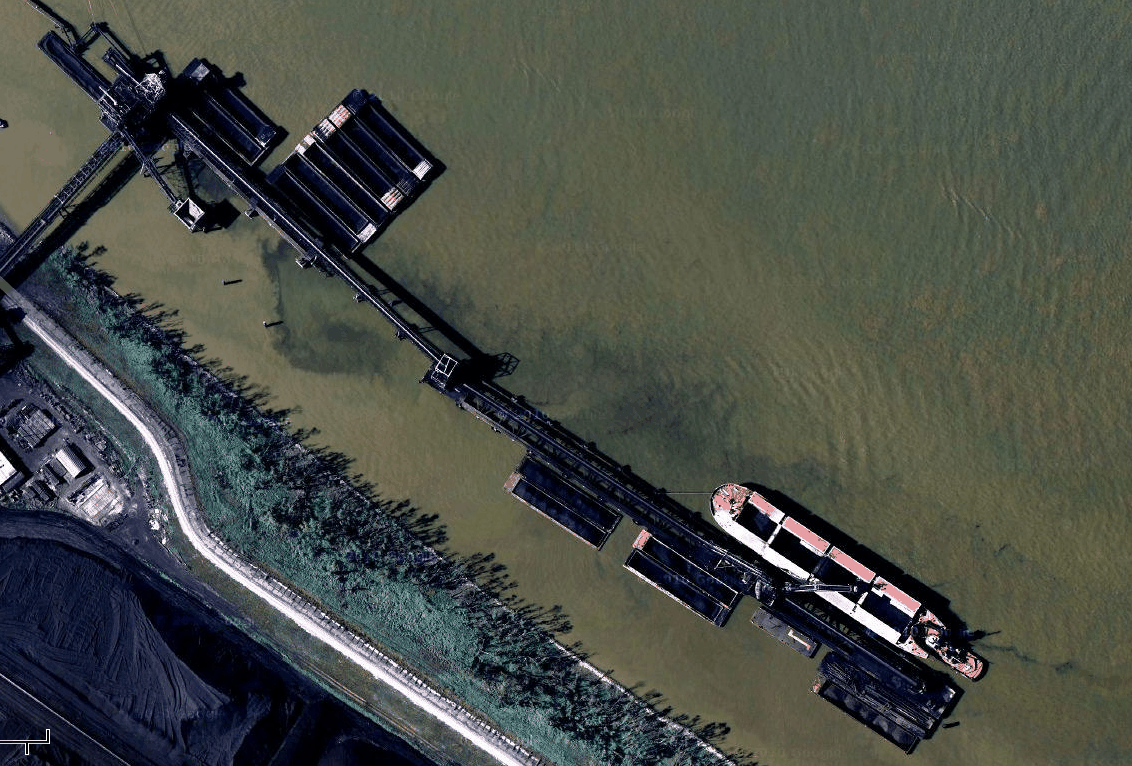Yesterday, the Trudeau administration approved a proposal by Texas-based energy company Kinder Morgan to build a large new oil pipeline through British Columbia to the shores of the Salish Sea. Having obtained support from the Canadian federal government, Kinder Morgan will now move forward with its plans, aiming to begin construction in September 2017 and by December 2019 move tar sands to the coast for export by way of the San Juan Islands and the Strait of Juan de Fuca. The project is expected to draw ferocious opposition from Northwest tribes and First Nations, as well as from environmental advocates and local communities near the pipeline route.
Kinder Morgan is less well known than many other energy companies, but the firm has a demonstrated track record that should be alarming to residents of the Northwest. In December 2014, Sightline published an in-depth report on the company, “The Facts about Kinder Morgan,” that we believe is the most comprehensive examination of the company’s pollution, law-breaking, and cover-ups. Today, we are re-releasing that report.
Kinder Morgan has been found guilty of numerous violations:
- Kinder Morgan has been fined numerous times by the US government for stealing coal from customers’ stockpiles, lying to air pollution regulators, illegally mixing hazardous waste into gasoline, and many other crimes.
- Kinder Morgan’s pipelines are plagued by leaks and explosions, including two large and dangerous spills in residential neighborhoods in Canada. One hedge fund analyst has accused the firm of “starving” its pipelines of maintenance spending.
- Kinder Morgan was convicted on six felony counts after one of its pipelines in California exploded, killing five workers.
- In Louisiana, Kinder Morgan’s terminal spills coal directly into the Mississippi River and nearby wetlands. The pollution is so heavy that satellite photos show coal-polluted water spreading from the facility in black plumes. The same site generates so much wind-blown coal dust that nearby residents won a class action lawsuit because their homes and belongings are so often covered in coal dust.
- In South Carolina, coal dust from Kinder Morgan’s terminal contaminates the bay’s oysters, pilings, and boats. Locals have videotaped the company washing coal directly into sensitive waterways.
- In Houston, Kinder Morgan’s terminal operators leave coal and petcoke, a highly toxic byproduct of oil refining, piled several stories high on its properties. The company’s petcoke operations are so dirty that even the firm’s promotional literature shows plumes of black dust blowing off its equipment.
- In Virginia, Kinder Morgan’s coal export terminal is an open sore on the neighborhood, coating nearby homes in dust so frequently that the mayor has spoken out about the problem.
- In Oregon, Kinder Morgan officials bribed a ship captain to illegally dump contaminated material at sea, and the firm’s operations have repeatedly polluted the Willamette River.
For more details and all supporting references, download the full report, “The Facts about Kinder Morgan.”


Comments are closed.